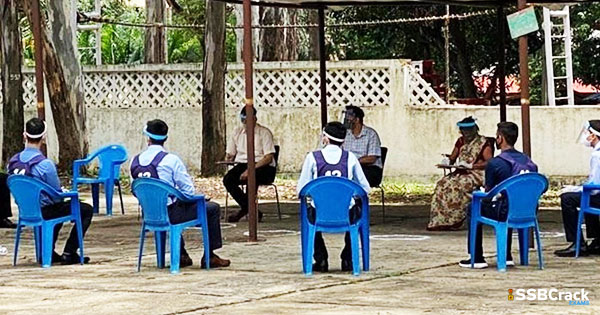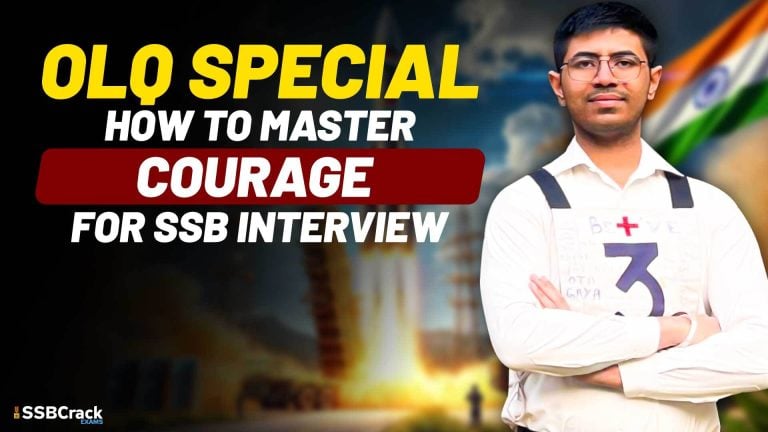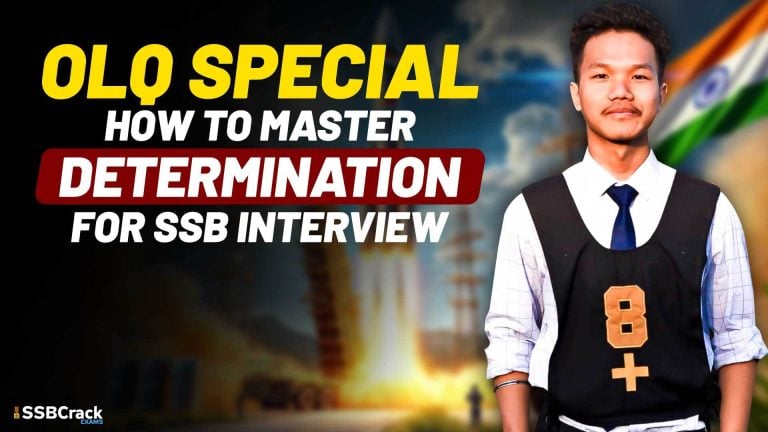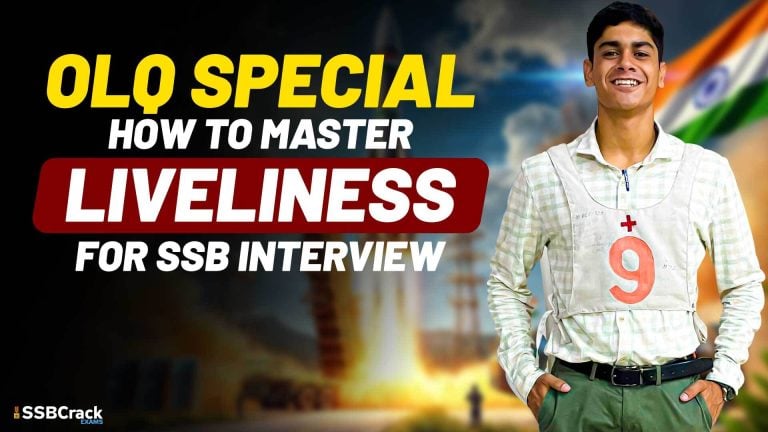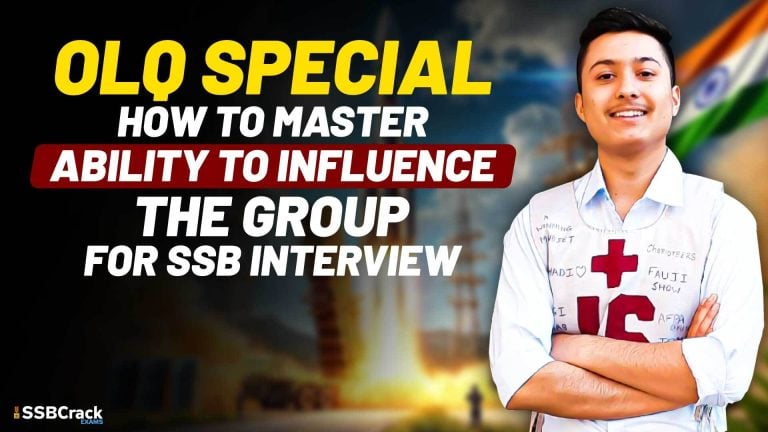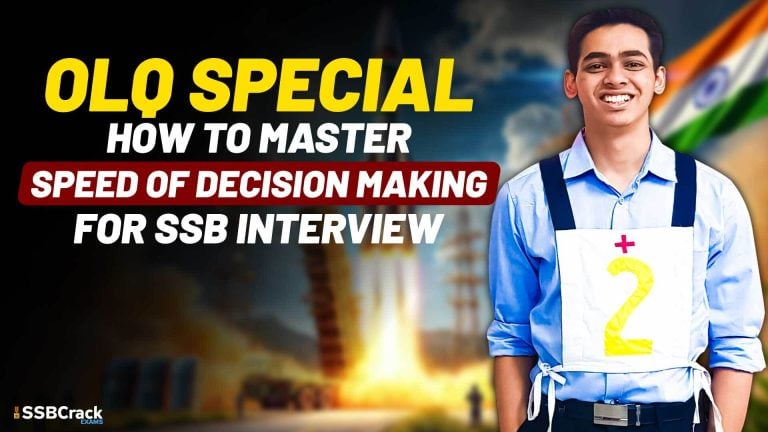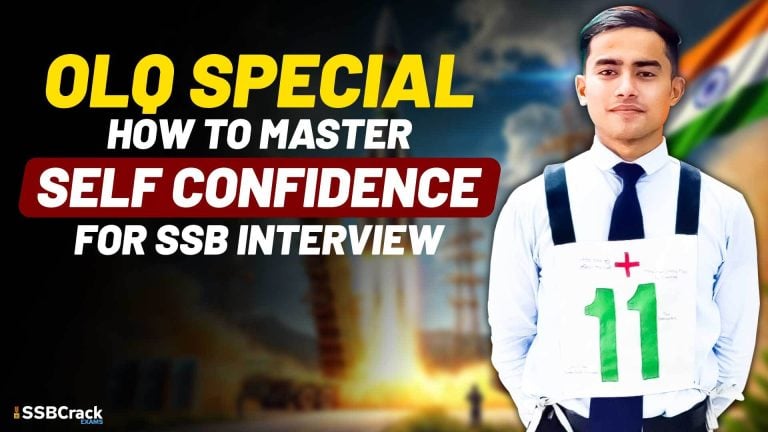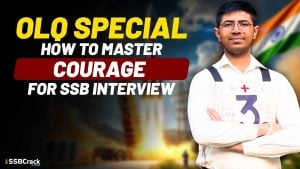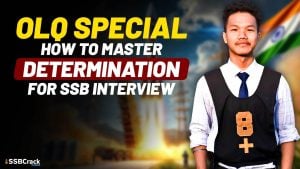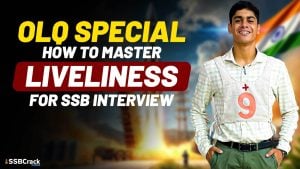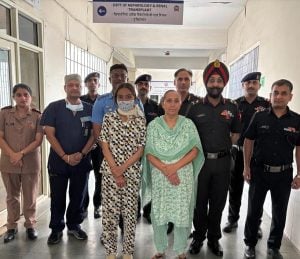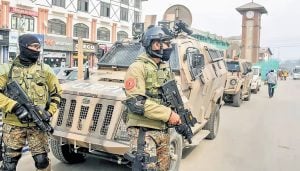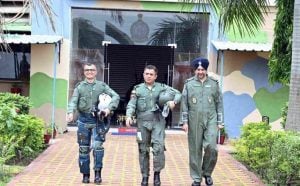The screening procedure is the preliminary Stage I testing method conducted by the SSB to reject unlikely aspirants from the next stages of testing. The aspirants who pass the Screening procedure are retained for the next stage whereas the others are sent back. The Screening process can remove from 50% to 60% of the aspirants from the interview.
The screening procedure consists of
- Officer’s Intelligence Rating Test (OIR)
- Verbal and Non-Verbal IQ test
- Picture story writing
- Individual Picture story description for about 1 minute
- Group Discussion on the story
Intelligence Tests
The Officer’s Intelligence Rating Test consists of two separate tests- Verbal and Non-Verbal test. These tests have 54 to 55 questions and are designed to determine the OIR or Officer’s Intelligence Rating of the aspirant. It consists of simple logical, linguistic, analytical and mathematical questions that test the basic common sense of the individual.
- Verbal Test
The different contents that are relevant in the Verbal tests are shown the representation given below
- Non-Verbal Test
The different components of the nonverbal test are shown in the representation given below
Picture Perception and Description Test (PPDT)
The most important test of Stage I is the PPDT, i.e. the Picture Perception and Description Test (PPDT).
In this test, you will be shown a picture for 30 seconds. One minute is given for the determination of the age, sex, mood of the person and to write the action. The next 4 minutes are allotted to the aspirants to write a story about the given picture. After this, a group of aspirants is made to discuss the story and the picture in front of a panel of assessors for the group discussion part of the test.
Group Discussion
The Group Discussion component of the PPDT is nearly identical to that of the one in the GTO series. You would have observed that whenever someone has a discussion about any subject, disagreements and conflicts are bound to happen.
Disagreement can lead to dissatisfaction and emotional disorder. But it can also further lead to disapproval. Handling this requires a set of skills. How you react to a contradiction in the competitive environment is what interests the assessors. The system wants to see how you react to a contradiction. Are you are able to stay emotionally stable in the face of it? Are you capable of maintaining a degree of patience listening?
Differences in options are common and bound to happen. The aspirant must be capable of staying emotionally stable in the face of contradiction, in order to resolve the emotional disturbance and disorder.
What should be done?
The Group discussion requires and invites you to argue. The assessors want to see how cool and composed you can stay during an argument. From the moment you speak, the assessors note your every aspect- your tone, your body language, your selection of words, which all contribute to your acceptance in the group. Do not look for an opportunity to end the discussion. Qualities are expressed when the discussion is alive. If you are capable of drawing the conversation in your favor, while respecting and taking into consideration the interest of your fellow group member, with acceptable gesture and emotional order, you can stand a high chance of catching the attention of the assessors and proceeding forward.
Managing the contradiction is more important, rather than entering into contradiction. Being mentally composed means to remain cool, calm, balanced and lively to maintain the harmony.
Your body language is a clear indicator of your intentions and mental thoughts. Without any body language, you become neutral. The combination of speed and accuracy makes you sharp, intelligent and speedy.
The existence of leadership is to manage the Crisis. The Crisis may be of any nature or at any place.
The importance of your basic intelligence is that it enhances and decides your predictive value. Power is a psychological need. Power balances power. The structure of the society creates the situation of power and our existence is mainly to manage the crisis.
The most important thing that influences whether you make it past stage I or not is your ability to speak. It is not uncommon to see aspirants with good stories getting rejected and the ones with normal stories being selected. The aspirants who speak with the interest of the group in mind have more chance of being recommended for the next of stage of testing. They are looking for aspirants who are capable of showing their skills and talents in the next 5 days and want to weed out the ones who do not have the confidence to do so.


